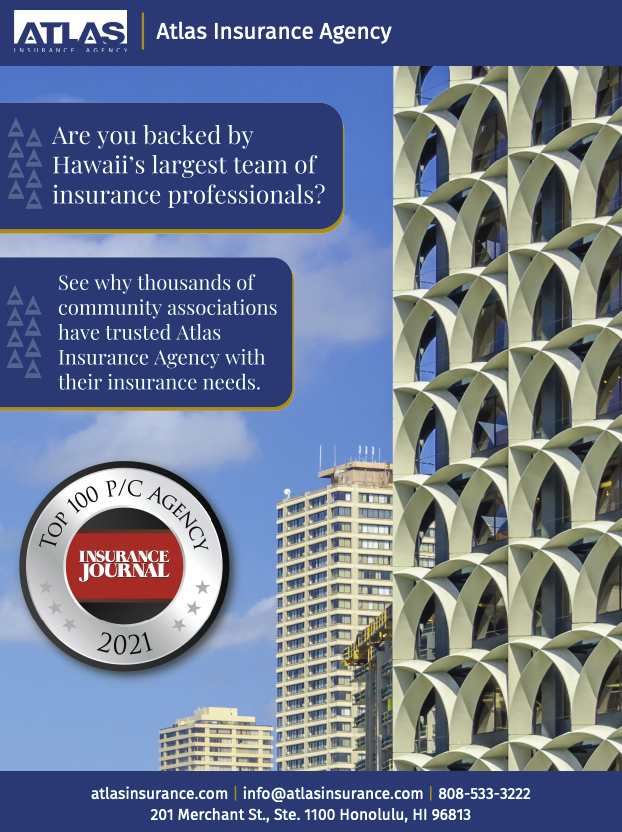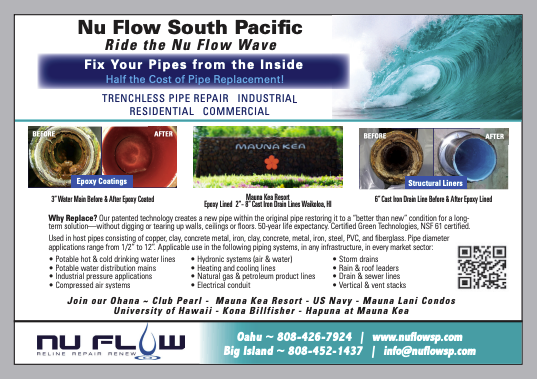It’s a major contributor to the hard insurance market

Social inflation is one of the latest buzz terms in the insurance industry, and it has insurers worried.
As an insurance consumer, maybe you should be worried, too.
Social inflation describes the phenomenon of rising insurance claim costs because of a broadening definition by society and juries as to what is covered by insurance policies. As a concept, social inflation is nothing new—it has been around since the mid-1970s—but we are seeing a resurgence sparked by the global pandemic, the global financial crisis and ever-widening income inequality.
Social inflation has been blamed for driving up insurance claim payments and is deemed one of the major factors contributing to the hard insurance market—we are seeing higher insurance premiums, diminished capacity and decreased availability of insurance coverage.
In a hard insurance market, insurance companies become more conservative and stricter with their underwriting guidelines, and we are faced with more questions and requirements from underwriters, a more thorough and longer review of applications and renewals, as well as fewer insurance companies writing coverage.
For community associations, the policies that are directly negatively impacted by social inflation are:
- Directors’ and Officers’ Liability Policy (D&O), which is errors and omissions coverage for the community association’s board of directors and officers. It also extends to trustees, employees of the association, committee members, volunteers, property managers and property management firms.
- General Liability Policy provides coverage for bodily injury, personal injury and property damage that occur within the premises as caused by the community association’s operations or negligence.
- Umbrella Liability Policy is another layer of protection that provides additional coverage limits over the General Liability Policy, the Workers Compensation/Employers’ Liability Policy (for those that have association employees) and on some D&O policies but not all, so it is best to check with your insurer.

The increasing number of liability claims combined with nuclear verdicts or exceptionally high jury awards mean an increase in the insurance companies’ defense and litigation costs that impact claim payouts, loss ratios and ultimately how much policyholders pay for coverage.
While individually we may not be able to do anything about social inflation since it reflects a complex set of interacting socio-economic, institutional and behavioral factors that change over time, there are things we can do to take care of our side of the fence and keep down the costs of our liability insurance.
For community association boards and board members some of the best practices to avoid potential lawsuits and D&O claims include:
- Know and follow the rules: To enforce the rules, board members must know the rules and adhere to the community association bylaws and governing documents when it comes to managing the association.
- Operate like a business: Things can get personal when dealing with peoples’ homes, so adhering to parliamentary procedures in Robert’s Rules of Order when conducting a meeting is a way to keep emotions and personality conflicts from getting in the way of effectively governing the association.
- Keep good records: Maintain accurate records of meeting minutes, financial records and complaint logs. Accurate records are the best defense against challenges to the board’s decisions and actions.
In the general liability area, the key is identifying the risks and hazards in common areas and implementing procedures and safety measures to minimize these hazards from causing bodily injury or damage to other people’s property.
While it is impossible to know how long this current phase of the hard insurance market cycle will last, we know that the wheel will eventually turn, and the benefits of a soft market will return. Most community associations, however, cannot afford to simply wait out the cycle. In these very tough times, it is critical for association boards, managers and fiduciaries to be proactive and to have heightened awareness of how to protect their associations from risks that result in financial losses and additional legal obligations.
Being proactive means staying ahead of the curve and taking control of the situation rather than letting the situation control you.
Elaine Panlilio is an account executive in the AOAO unit at Atlas Insurance Agency, A Marsh & McLennan Agency LLC, with 16 years of insurance experience. She holds the Certified Risk Manager, Certified Insurance Counselor and Certified Insurance Service Representative professional designations from the National Alliance of Insurance Education and Research. (808) 533-8766 or epanlilio@atlasinsurance.com

